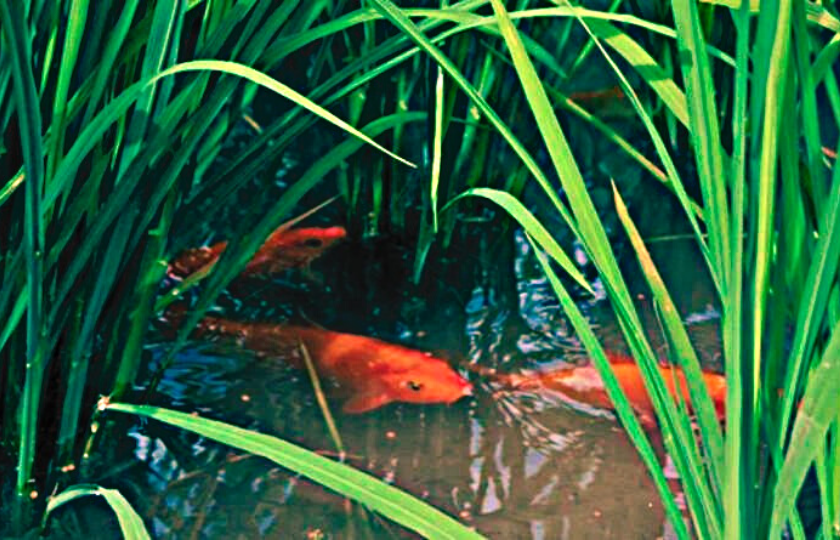Researchers from Zhejiang University, China, have found that growing rice alongside aquatic animals can help boost production and minimise pesticide use.
While rice is a staple in diets world, its cultivation and production are not so great for the environment. Most rice farming rely on chemical pesticides and fertilisers to improve yield and protect the grain from insects.
Liang Guo, a postdoctoral fellow at the College of Life Sciences at Zhejiang University, shared that they observed some farmers experimenting with crops and animals’ symbiosis to reduce the need for chemicals.
“One example includes farmers experimenting with growing aquatic animals in rice paddies,” shared Guo.
“Learning more about how these animals contribute to rice paddy ecosystems could help with producing rice more sustainably.”
Guo and his colleagues conducted three experiments, each lasting four years, to compare rice growth alongside mitten crabs, carps, and softshells versus rice grown alone. They found that the aquatic animals helped reduce weeds, sped up the decomposition of waste, and improved rice yields compared with rice grown alone.
The researchers also found that the nitrogen levels in the soil remained stable in the rice paddies with aquatic animals, reducing the need for nitrogen-based fertilisers.
Growing rice with aquatic animals resulted in yields between 8.7 per cent and 12.1 per cent higher than those grown alone. Additionally, farmers could also raise around 2.5 tonnes of crabs, carp, or turtles per hectare alongside their rice.
“In terms of rice production, adding aquatic animals to paddies may increase farmers’ profits as they can sell both the animals and the rice, spend less on fertiliser and pesticides, and charge more for sustainably grown products,” concluded Xin Chen, Professor of Ecology at Zhejiang University.



